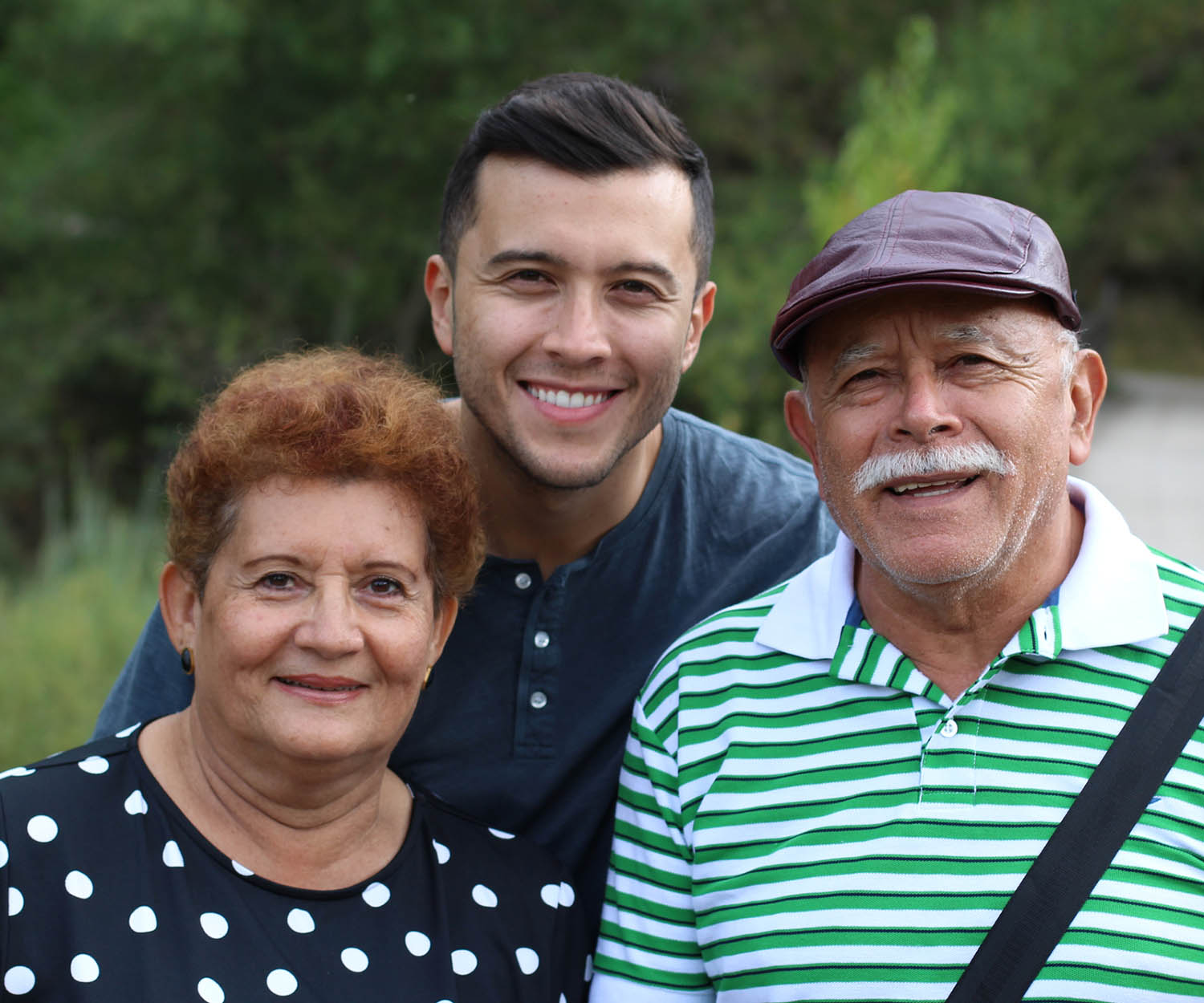
Permanent Residence
Including family class applications, such as spousal, common-law, parent and grandparent sponsorship, economic immigration applications, such as Express Entry (Canadian Experience Class, Federal Skilled Worker Class and Provincial Nominee Class), Start-Up Visa, Self-Employed Persons and Caregivers, as well as humanitarian and compassionate cases. Please note that we do not practice in refugee law.
Frequently Asked Questions
You will generally need to remain a citizen of your home country while you are a permanent resident, as permanent resident status does not confer citizenship and does not get you a Canadian passport. Once you become a Canadian citizen you can, under Canadian law, remain a citizen of another country as well. However, you need determine whether your home country allows dual citizenship. Some countries do not allow their citizens to also be citizens of another country, or they require their citizens to take certain steps before becoming citizens of another country.
Permanent resident status, or PR status as it is often called, allows a person to remain in Canada without limitation. A permanent resident may work for any employer, study at any school, and may access government services including driver licensing, medical insurance, and the Canada Pension Plan. Permanent resident status comes with certain obligations though, and it can be lost if the holder does not meet the residency requirement or becomes inadmissible to Canada for serious criminality or other grounds of inadmissibility. Citizneship includes the benefits of permanent residence plus the right to vote in Canadian elections. Furthermore, citizenship does not include a residency requirement and cannot be taken from the holder, except in cases where it was acquired through fraud or misrepresentation.
You may have lost permanent resident status if you applied for a permanent resident card from outside Canada and were refused, or if you were referred to the Immigration Division of the Immigration and Refugee Board for an admissibiliiy hearing. If neither of these things happened, you may in fact still be a permanent resident of Canada because the status does not expire on its own. However, if it has been many years since you were in Canada, you may not be meeting the residency requirement and you should seek legal advice before taking any action.



